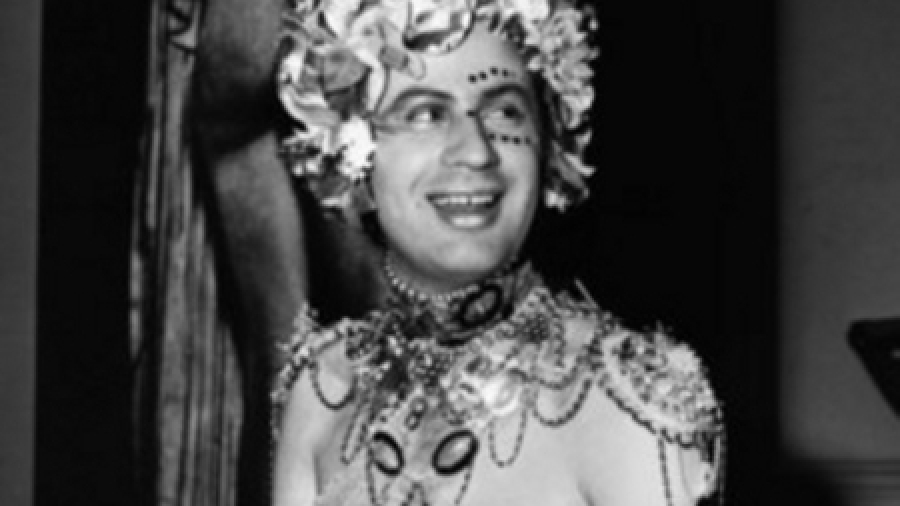It just came to my attention that James Bowman died. I always found that while somehow widely recognized, at the same time, he remains strangely underrated.
Bowman has shaped the vocal ideal of a generation. Many eulogies praise his lyrical works – and justly so – so I see it as my duty to highlight one of his underrated sides.
Dramatic outbursts were never his forte, but nevertheless, he did surprisingly well in roles that required quite some drama. His authentic depth of interpretation and his sheer musicianship made up for everything there, like in the opera Julius Caesar alongside Valerie Masterson. (It needs to be mentioned that the superb creative and organic English translation makes the recording extra-accessible for non-Italian speakers for who the language would be a barrier.)
Bowman’s Händel recordings also shaped my taste in music for a long time. However, one of my favourite recordings of him has always been a rather obscure one: The Self-laudatory hymn of Inanna and her omnipotence is the self-aggrandizement of an ancient goddess (obviously diametrical to the humble and sweet person Bowman must have been in private). The piece was written for him by Michael Nyman, a prolific and seasoned composer mostly known to the general public for his OSTs for Peter Greenaway movies and The Piano.
Bowman’s involvement in the project, to me, hints at another underrated quality that Bowman must have possessed: the open-mindedness for new things and the willingness to go far beyond his Fach or the fixed idea of what a countertenor should be or which repertoire would be ‘appropriate’. Much like Inanna, countertenors can be anything today, and it’s also thanks to trailblazers like Bowman that they can.
Godspeed, Sir. You will be missed. *L/Friederike
“Self-laudatory hymn of Inanna and her omnipotence”
Michael Nyman (composer)
James Bowman (countertenor)
Fretwork
from Ancient Near Eastern Texts Relating to the Old Testament,
trans. S.N. Kramar, ed. James B. Pritchard
(3rd edition with supplement: Princeton University Press, 1969)
My father gave me heaven, gave me earth,
I, the queen of heaven am I!
Is there one god who can vie with me?
Enlil gave me heaven, gave me earth,
I, the queen of heaven am I!
He has given me lordship,
He has given me queenship,
He has given me battle, given me combat,
And he gave me flood and tempest.
He has placed heaven as a crown,
He has tied the earth as a sandal,
He has fastened the holy me-garment about my body.
The gods are my vassals: I, a queen am I,
The Anunna scurry about, I, a life-giving wild cow am I,
The life-giving wild cow of Father Enlil am I,
His life-giving wild cow that walks at the head.
When I enter the Ekur, the house of Enlil,
The gatekeeper puts not his hand against my breast,
The vizier says not to me, ‘Stop!’
Heaven is mine, earth is mine,
In Erech, the Eanna is mine,
In Zabalom, the Giguna is mine,
In Nippur, the Duranki is mine,
In Ur, the Edilman is mine,
In Girsu, the Eshdam is mine,
In Adab, the Eshara is mine,
In Kish, the Hursag Kalam is mine,
In Dev, the Amashkuga is mine,
In Akshak, the Anzaka is mine,
In Agada, the Ulmash is mine.
Is there one god who can vie with me?
If you like the music, I recommend buying this CD, available still from Amazon, e.g..

